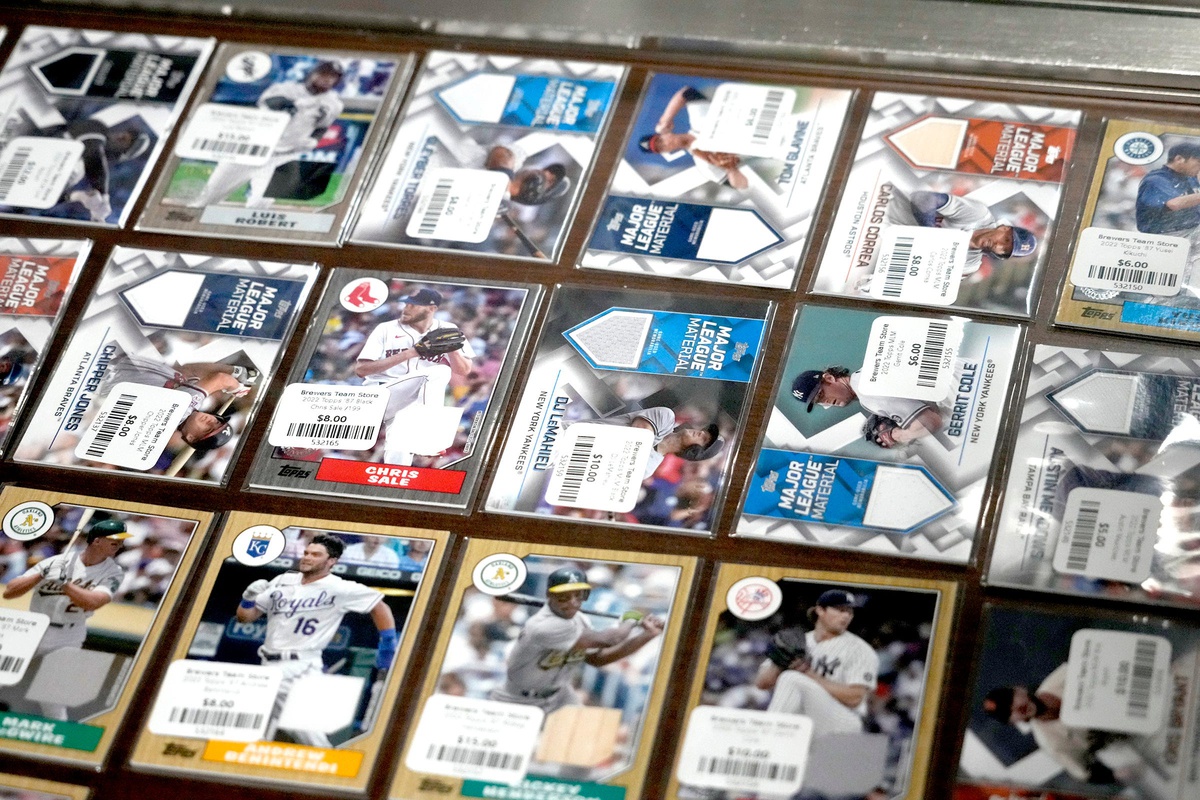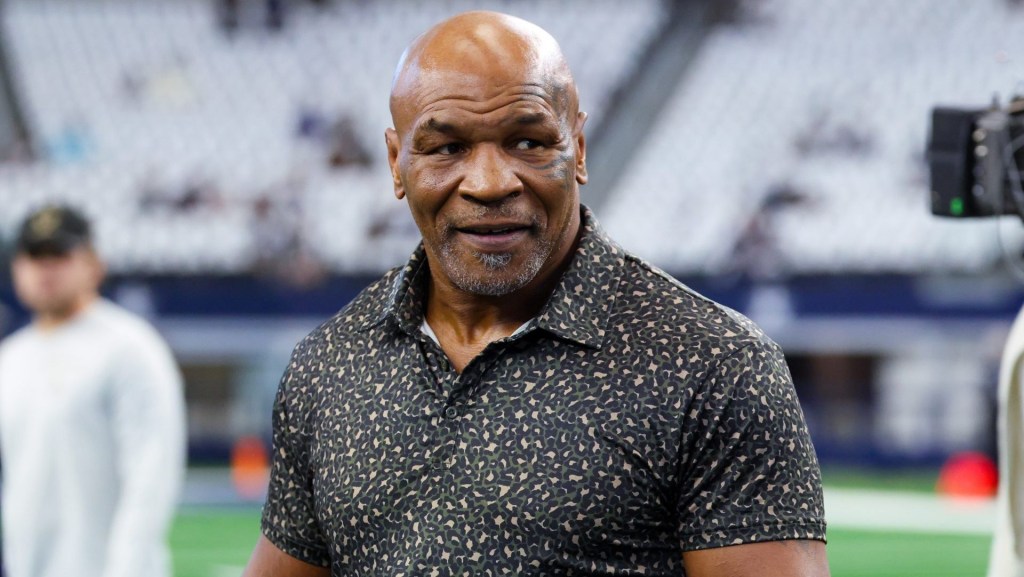A federal magistrate judge ordered Fanatics to turn over seven unredacted trading card licenses with leagues and unions to lawyers for rival Panini, the latest development in highly contentious litigation between the trading card rivals.
The order followed a tense hour-long hearing last week during which attorneys for Fanatics accused Panini and its outside counsel of seeking the licenses in order to secure trade secrets. In addition to the license fees, the contracts include information like insurance, retail revenue, and termination fees.
David Boies, outside counsel for Panini, roundly denied that his firm, Boies Schiller Flexner, was covertly seeking the license information to assist its client in future business negotiations.
“There’s no evidence in the record at all that Boies Schiller is advising Panini with respect to how to conduct its business and what to offer prospective licensors,” Boies said.
Countered Lawrence Buterman, Fanatics outside counsel at Latham & Watkins, “I’ve never been in a world where a competitor is seeking active agreements that go to the heart of contractual relationships with third parties, where that competitor is very forward about the fact that they plan to compete with the entity.”
Panini sued Fanatics in 2023 for antitrust violations after the latter secured trading card licenses that by April 2026 will see the firm control most of the major leagues’ and unions’ licenses. Those contracts last at least 10 years.
While a federal judge in March dismissed some of Panini’s charges, the core antitrust allegation survived a motion to dismiss.
The heated discovery conference featured sharp elbows exchanged between Boies and his counterpart, Buterman.
“I do think we’re rehashing, but because you keep misstating things,” Boies said to Buterman as the hearing stretched on. Buterman responded, “I don’t particularly like his statement that we’re misrepresenting things, but I understand that he’s very passionate about this, so I’ll let that go.” At another point, Buterman said of a Boies argument, “it makes no sense.”
Boies and his client got the last laugh—at least for now—when magistrate judge Valerie Figueredo ruled, “redacting core aspects of the licensing agreements that are plainly relevant to the claims at issue here unfairly hinders Panini when there are other measures in place to protect Fanatics’ business interests.”
The order limits disclosure of the licenses to Panini’s lawyers only (Panini’s employees are not allowed to view). Fanatics has until later this month to appeal the ruling. The licensees could still intervene and object to their contracts being shared with Boies Schiller.
The licenses in question are between Fanatics and MLB, the MLBPA, the NFL, the NFLPA, the NBA, the NBPA, and NBA China. The baseball ones are the only ones on that list already with Fanatics; the others convert from Panini over the next nine months.
The court has yet to set a trial date, and discovery is scheduled through the end of 2026.
Fanatics also filed a countersuit in which it alleges Panini tortiously interfered with employment agreements. Fanatics has hired several staffers from Panini, and the latter has tried to block the exodus. That case is proceeding in the same federal court but is not joined with the related litigation.



![[Subscription Customers Only] Jun 15, 2025; Seattle, Washington, USA; Botafogo owner John Textor inside the stadium before the match during a group stage match of the 2025 FIFA Club World Cup at Lumen Field.](https://frontofficesports.com/wp-content/uploads/2026/02/USATSI_26465842_168416386_lowres-scaled.jpg?quality=100&w=1024)

![[Subscription Customers Only] Jul 13, 2025; East Rutherford, New Jersey, USA; Chelsea FC midfielder Cole Palmer (10) celebrates winning the final of the 2025 FIFA Club World Cup at MetLife Stadium](https://frontofficesports.com/wp-content/uploads/2026/02/USATSI_26636703-scaled-e1770932227605.jpg?quality=100&w=1024)











